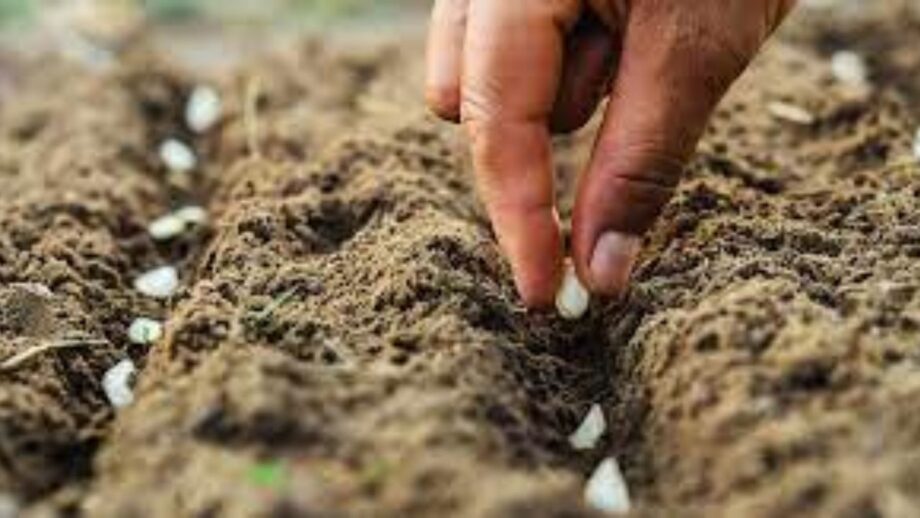You can manage when you harvest your stock, have a surplus of nutritious seasonal produce, and help save money by growing your own vegetables in your backyard. Not to mention how much fun it is! In comparison to store-bought veggies, which are frequently plucked early, vegetables that ripen in the garden may have more nutrients. Vegetable gardening is not always easy, especially when you first start out. Massimo Mele, a chef, and ambassador for Electrolux is a specialist in fine produce and has just started producing his own in his Hobart garden. He shares his best advice for maintaining a productive vegetable garden and growing food that you’ll actually want to eat below.
STAGGER THE PLANTING
You may stretch the crop and keep it coming in steadily by staggering planting dates. According to Massimo, this is particularly crucial during the summer. “The first year, I simply planted as much as I could wherever there was soil. As a result, there was an excessive amount of products available all at once,” He claims. Rotating your garden beds is also a smart idea if you have a few and intend to grow a lot of vegetables. This reduces pests and illnesses, uses fewer chemicals, keeps the soil healthy, and helps control nutrient needs. The health of the soil, according to Massimo, depends on giving it a vacation. “I typically switch out my beds in the winter and spring.”
ENSURE YOUR SOIL IS HEALTHY
Massimo warns, “Don’t undervalue the power of healthy soil.” It serves as both the groundwork and a live, breathing organism for your garden. Your plants won’t be able to develop and survive in poor, depleted soil since it can’t hold water. “This means that anything you buy for it to eat or help itself, make sure it’s organic and of the greatest quality. The goods will speak for themselves.”
COMPOST AND MULCH ARE KEY
Composting has a number of advantages. Your garden’s soil can benefit from it in terms of structure, water retention, drainage, and nutrient retention.” Consider compost like lasagna with many layers that you keep adding, a buddy once advised me. I initially thought she was insane, but after a year, I have content worms and warm, fragrant compost.” Massimo additionally exhorts you to use mulch. Water will have more time to permeate harder soils since mulch will help it stay where it is needed. An organic mulch will also gently decompose over time with the addition of water, giving your plants an extra boost of nutrients.
START SMALL
Despite the temptation to jump right in, it is recommended to start modest and progress to the more challenging products. Massimo advises beginning with herbs and progressing from there. They are an excellent place to begin and are immediately rewarded! I recently harvested some of my homegrown stinging nettle and fennel, dried them, and used the Electrolux 90cm Multi-Function Pyrolytic Wall Oven on a low setting to preserve them for use as dish garnishes.
COMPANION PLANTING
Some plants genuinely support one another’s growth and success. Numerous companion plants are thought to either draw bees and other pollinating insects or just improve the taste or growth of their nearby plants. Massimo advises carefully pairing plants. “I’ve observed that some plants thrive when placed close to other like-minded plants. Similar to this, some plants do not thrive when combined with a specific plant family.”
Keep reading IWMBuzz.com


